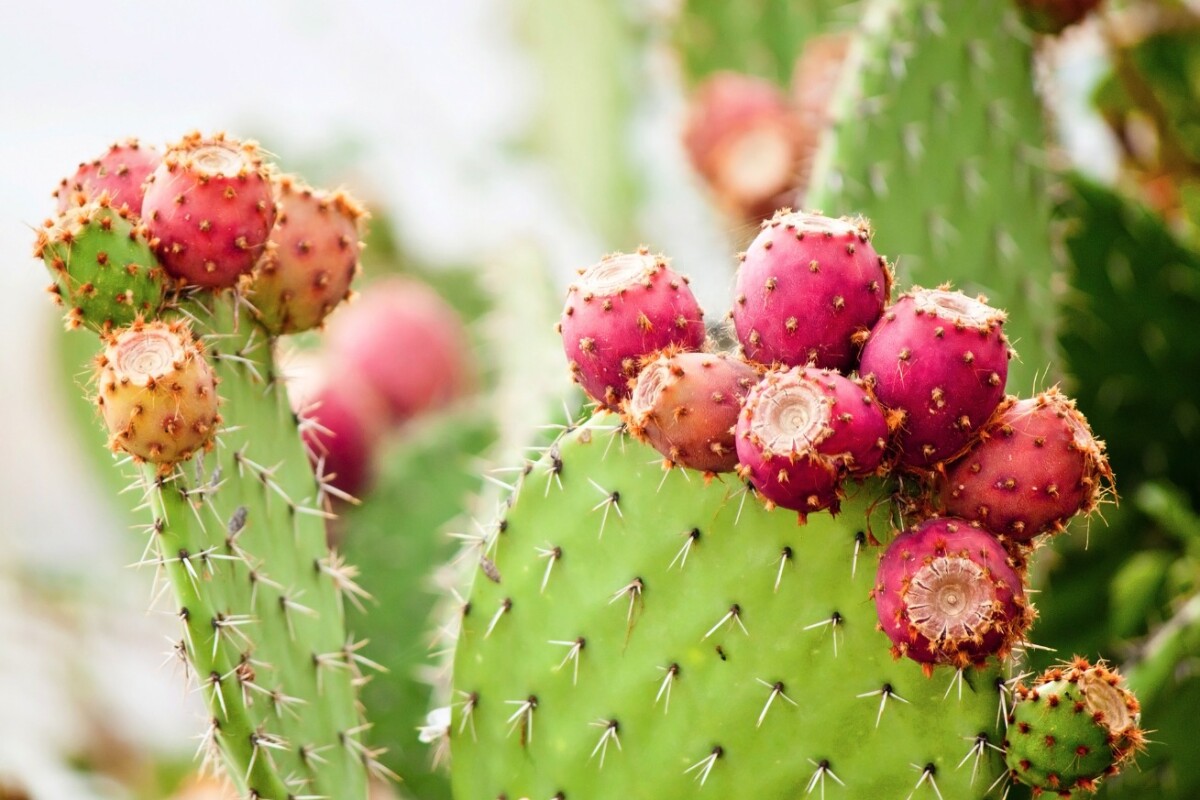The fight against the debilitating effects of Alzheimer's and Parkinson's diseases may have just gotten a new weapon from both a land-based and sea-based plant in the Mediterranean basin. Researchers at the University of Malta (UM) have found that an extract from the prickly pear cactus and brown seaweed known as peacock's tail – which both grow in the region – might help disrupt a key process in which both diseases take hold.
Sticky proteins known as beta-amyloid plaques have previously been shown to play a role in Alzheimer's disease in the brain by interrupting the nervous system, so finding something that can blast them from the body, or keep them from forming in the first place, would be a boon to fighting the disease.
To test out the effectiveness of the extracts in doing just that, the researchers gave a yeast colony a healthy dose of beta-amyloid clumps and then treated the colony with the prickly pear and seaweed extracts, which dramatically improved the health of the yeast.
Next, the researchers moved on to fruit flies that were genetically altered to develop Alzheimer's symptoms.
Sure enough, the extracts worked once again. When given the seaweed extract, the median lifespan of the flies was extended by two days. When the prickly pear extract was used, the life extension doubled to four days. "Considering that one day in the life of a fruit fly is equivalent to around one year in humans, the results are dramatic," says a UM report on the study. "Interestingly, the mobility of sick flies was improved by about 18 percent after treatment, highlighting a significant improvement."
Next, the researchers figured out that in flies whose brains were stacked with alpha-synuclein, a sticky protein that plays a role in Parkinson's disease, treatment with the natural substances again prolonged their lives. They concluded that the extracts limit the buildup of the sticky proteins into large clumps that can harm the nervous system, thereby helping to keep both Alzheimer's and Parkinson's at bay.
Clinical trials will follow but, as lead study author Ruben J. Cauchi points out, the compounds are already available for use by consumers.
'We believe that the discovery of bioactive agents that target pathways that are hit by multiple neurodegenerative conditions is the most viable approach in our current fight against brain disorders," he said. "A clear advantage of the drugs used in this study is that, in view of their excellent safety profile, they are already on the market as nutraceuticals and cosmeceuticals."
The study Cauchi co-authored appears in the journal Neuroscience Letters.
Source: University of Malta via ScienceDaily





![The Ti EDC [everyday carry] Wrench is currently on Kickstarter](https://assets.newatlas.com/dims4/default/0ba225b/2147483647/strip/true/crop/4240x2827+0+3/resize/720x480!/quality/90/?url=http%3A%2F%2Fnewatlas-brightspot.s3.amazonaws.com%2F59%2Fb2%2F6a6fdd0348a8bfdad88bbcefec53%2Fdsc03572.jpeg)